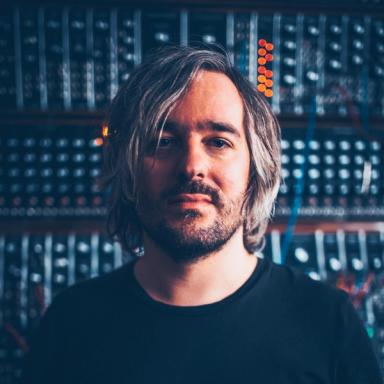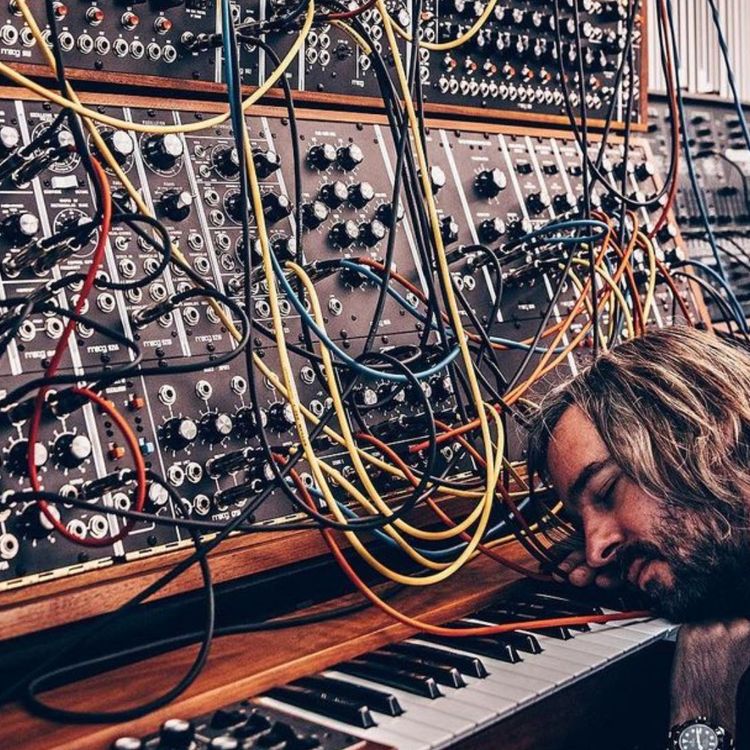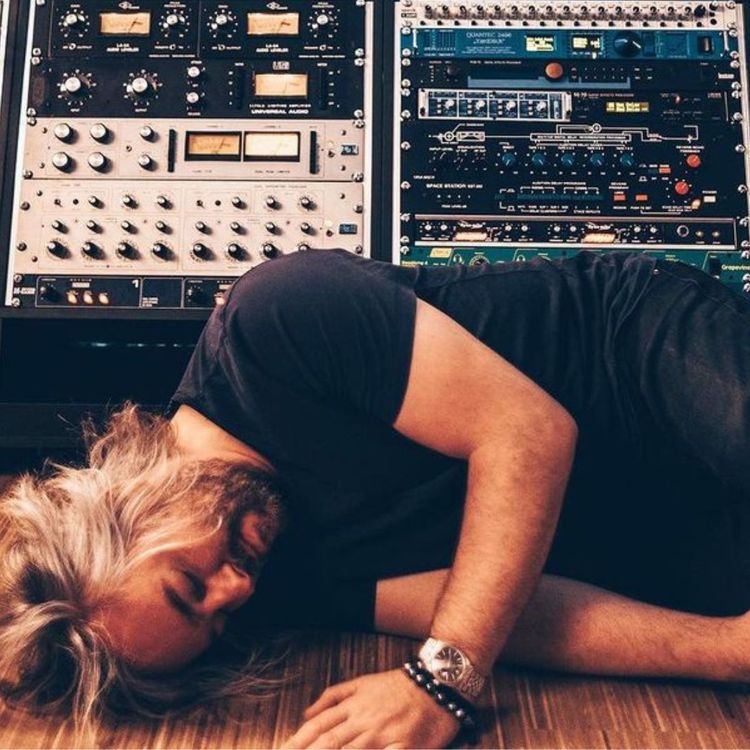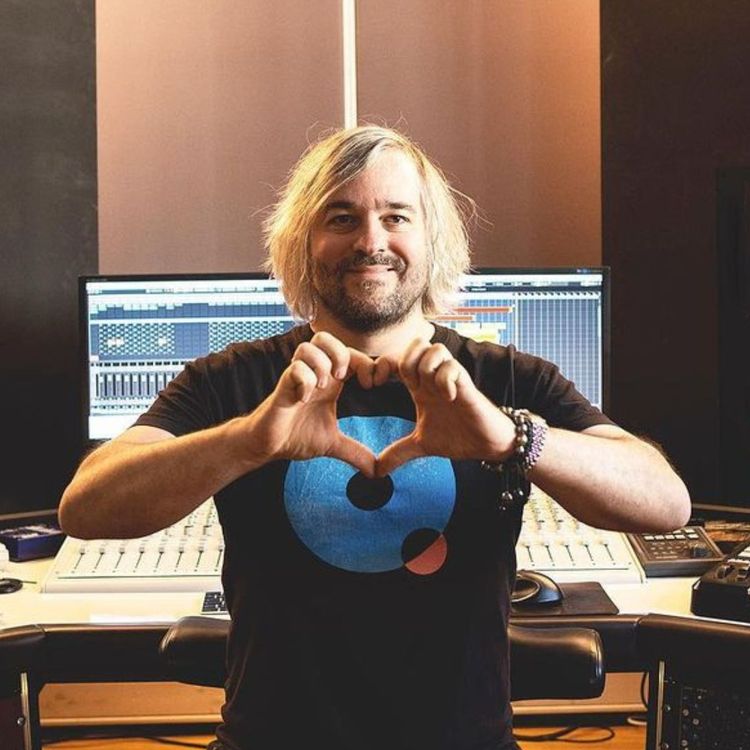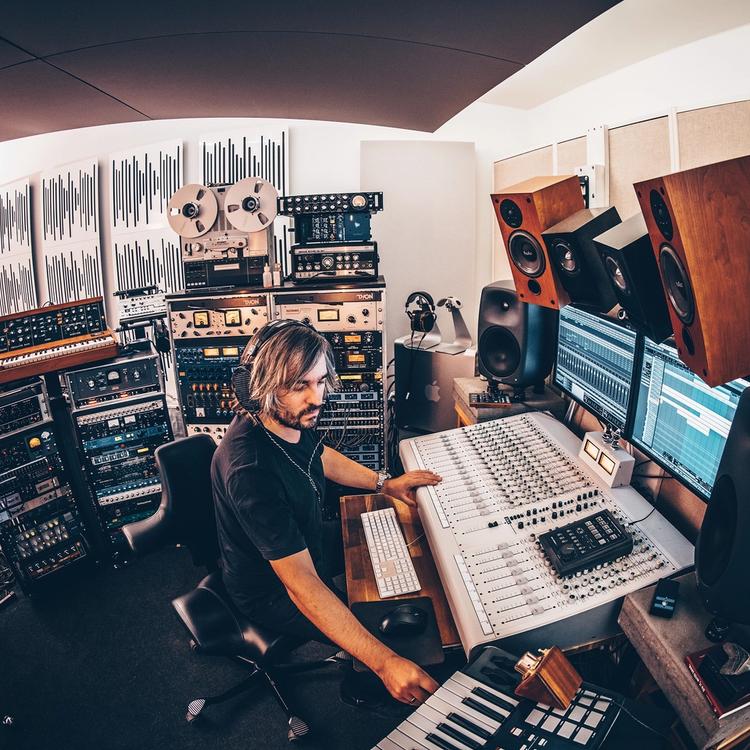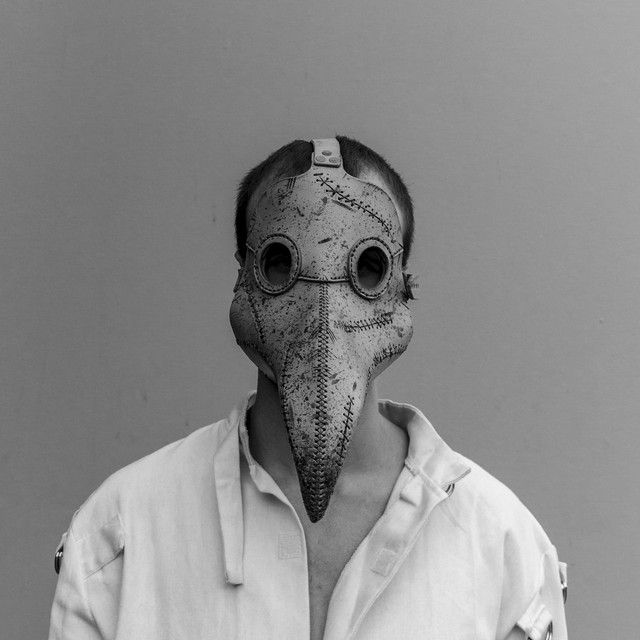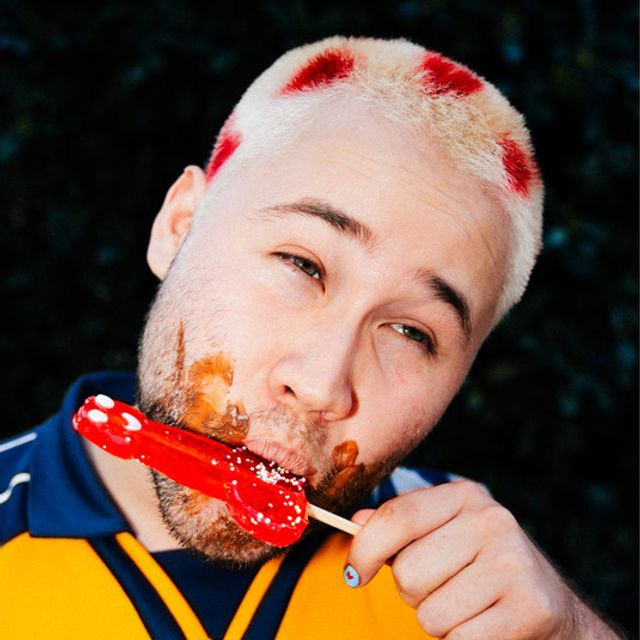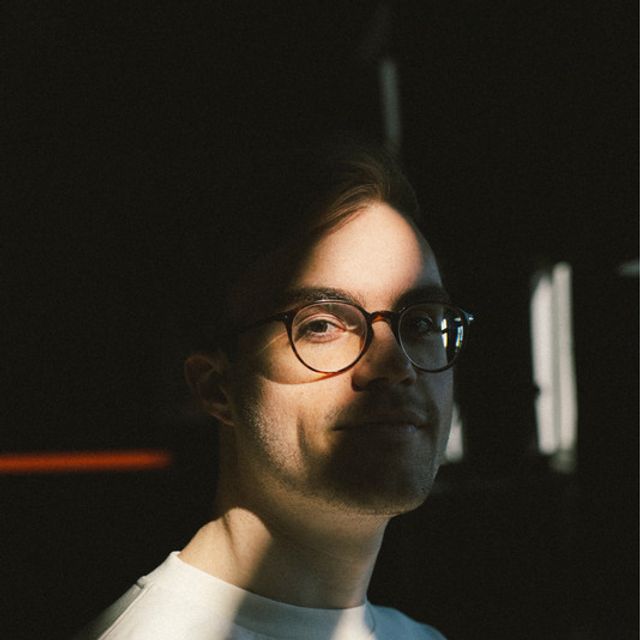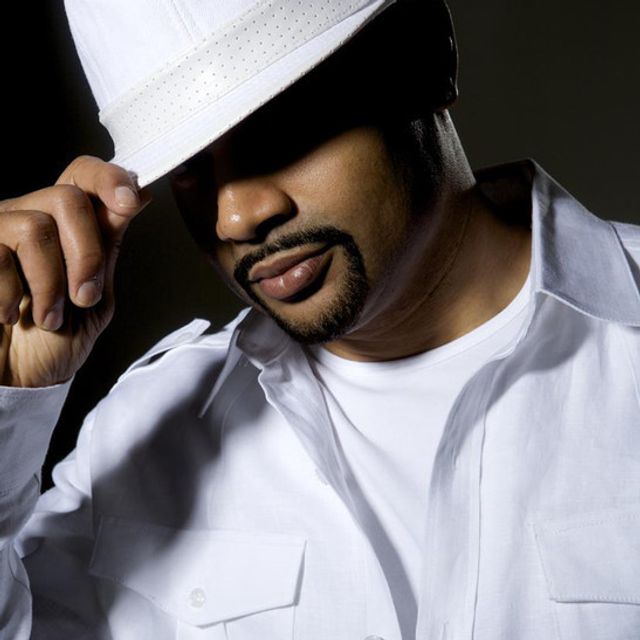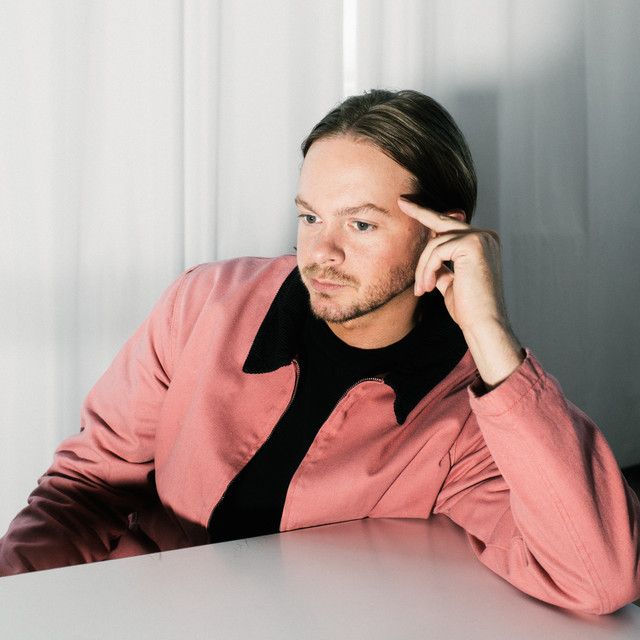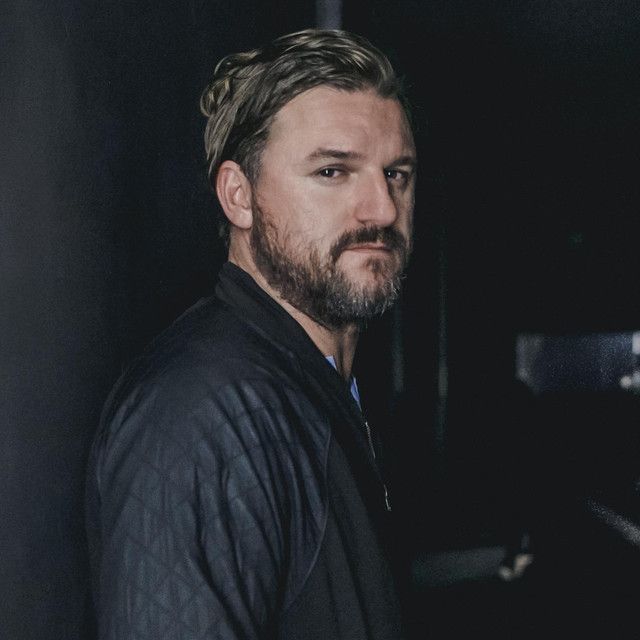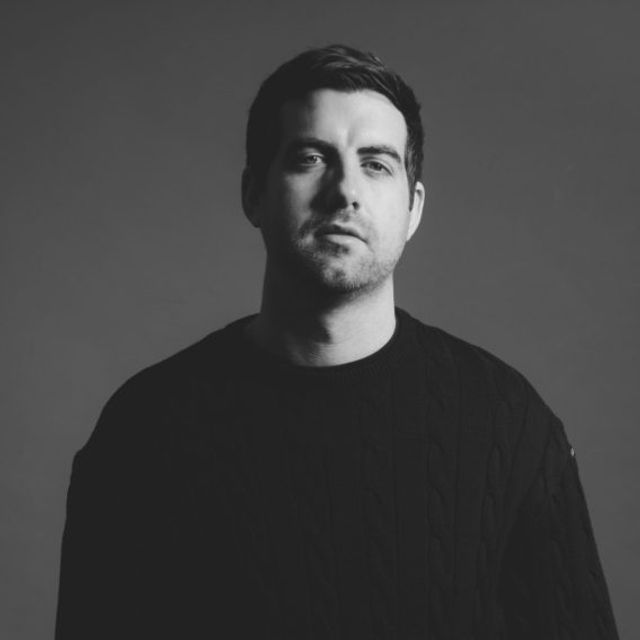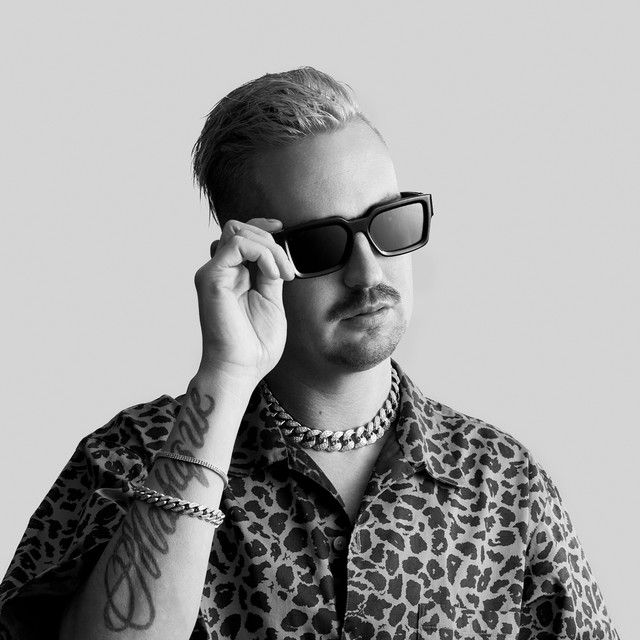Artist Spotlight
Hannes Bieger has lived a multitude of musical lives. The Berlin-based producer, engineer, and analog synth expert has been a guitarist, rare grooves DJ, live performer, and one of the most lauded studio engineers in all of house and techno. Yet, through it all, he's maintained a deep reverence for the philosophical impact of music and a love for how sound moves people. At his core, he holds the spirit of a songwriter. Yet, his deep love for the warmth and raw power of analog synths and drum machines informs him. A true titan of techno, Bieger's years of experience engineering records for the world's top-tier producers, have given him an invaluable understanding of how dance music is most compelling. But long before he discovered the captivating power of the electronic kick drum, he was a child obsessed with classic rock. His earliest musical memories are heavy with the sounds of The Beatles, Pink Floyd, and The Rolling Stones. "A typical afternoon for me, age six would be sitting with headphones in front of the home stereo and flipping over the Sgt. Pepper vinyl over and over again," he remembers fondly. "And the record now is absolutely destroyed. I think it's still in my mother's house. And it's it's full of fingerprints and crackles, and scratches." His father was a vinyl collector. And fortunately for young Hannes, he wasn't too picky about the condition his records were kept in. The Beatles' 1967 album Sgt. Peppers Lonely Hearts Club Band is a significant record for many people, but for Bieger, it helped unlock something that he wouldn't fully realize until much later in life. "It was significant because it was so wild, it was so colorful. I always had the feeling that this drug infused period of the Beatles kind of resonates very well with the children's mind, because it's so playful and very innocent. And that really had a profound impact on me. I would even go so far that probably Revolver by the Beatles is maybe my earliest exposure to something that you could say, is electronic music. The way they started to use the studio as an instrument by itself. And for example, use the various speeds of the tape to kind of pitch down the drum recordings. I think it's these little bits and pieces, which really laid the foundation for what I'm doing today." His real role model was Keith Richards of the Rolling Stones. He wanted to play guitar just like him. However, his guitar teacher had other plans. "He was more of a jazz guy. And I was [one of his] younger students. I think his vision was to kind of lead me towards jazz at a very young age, which he didn't succeed with because I always just wanted to learn how to play the intro riff of 'Honky Tonk Woman,'" Bieger laughs. "What was great actually is that he never really directly showed me how to play these things, even though he could probably play them in his sleep, but taught me how to learn figuring [it] out myself. For this I'm very grateful." Ever the voracious consumer of music, Bieger found his way into some of the more wild and experimental records in his dad's collection. And as he dove deeper into the obscure, he discovered acid jazz, breakbeat, and trip-hop. The bands he was in transformed from straightforward rock music to the fringes of electronic music. At one point, he played in a band that had a scratch DJ. Yet, it wasn't until he moved to Berlin in 1999 that he discovered the unrelenting power of a synthesized kick drum. In Berlin, he says the kick drum was inescapable. And as compelling as techno and house were, his background in songwriting initially made it difficult for him to get a firm grasp on how club music is contextualized. "You're used to [a] different density of information per time. And club music, obviously works in a very different way with time also being perceived in a very different way on the dance floor." He had to relearn how to structure music. "I had experience from being in the club as a dancer, but not as a live performer in the club environment like I'm doing now, and certainly not as a DJ. And so the first tracks that I produced were more like songs with beats, and in that sense, not really playable from a DJ perspective. And in those years, I was part of several projects, where I fulfilled the role of the instrumental player and studio engineer." His skills as a studio engineer increased in demand. And he says that as he dedicated more time to that, he left his own goals of producing and performing behind. "I think those those years were important. I stopped, I started taking a break from from producing in 2006, I think, which then lasted over 10 years. And in that time, obviously, I got very busy as a mixing engineer. And so thousands and thousands of tracks flowed through my system here. And, of course, I condensed a lot of that information into my musical thinking." When he returned to production and performance in 2018, he had a decade of experience working with dance music's most lauded artists like Adam Beyer, Adriatique, Stephen Bodzin, Dixon, Georgia Anjuli, and Dubfire, to name a few. He also had a renewed drive to return to his roots. His musical inclination had always been to perform music. DJing was fine, but he wanted to helm the controls and recapture the visceral feeling of a band manipulating the sound on the spot. So he developed a dynamic live set that allowed him to expose the long musical arcs and slithering, sultry melodies of his music. Even when he was listening to the Beatles on repeat, he absorbed a fundamental truth about music and musicians. As an artist, you are merely a conduit for the music, a vessel for the sound to channel through. And when he wrote "A Million Souls," that fact couldn't have been more evident. After six weeks on tour in South America and a two-week delay to get home, he arrived in Berlin with very little time to work on his own music for 2019. He returned home halfway through January of that year and went straight into the studio for a string of client projects. He tried to write some personal music in the short time he had, but it just wasn't hitting right. "The pressure was mounting … And I was I was getting in the danger zone of not having any music I could release in 2019 because I was so late at it. I was nervous, and I felt the pressure. And then I basically just wrote 'A Million Souls' on a Monday morning in a dream. I woke up with the groove and reverb melody in my mind, and I sent myself an email from my bed with a couple of notes. And luckily, I could recover the feeling that I had about the track later at the studio from the notes that I took." The haunting vocals of Francesca Lombardo elevate the entrancing melody of "A Million Souls." It's as if together Lombardo and Bieger brilliantly captured the feeling of a waking dream. And in a way, he's translated the brilliance of the 60s records he voraciously consumed as a child into modern melodic techno. "I think [that] characterizes the ideal state of making music. And I think this is really how we, in general should perceive making music [with] some sort of humble attitude, tapping into some kind of energy flow. I don't I don't see myself so much as a designer of my own music. It's more like a gardener in a way, or somebody who receives these ideas and then tries to help them grow into the final musical pieces."
Overview
Hannes Bieger, a towering figure in electronic music, is celebrated for his stunning live shows, impressive discography, and unwavering commitment to quality over quantity. With roots embedded in the heart of Berlin, Hannes has etched his mark in the international music scene with a style that marries deep human emotions with primal rhythms, carving a niche for himself.
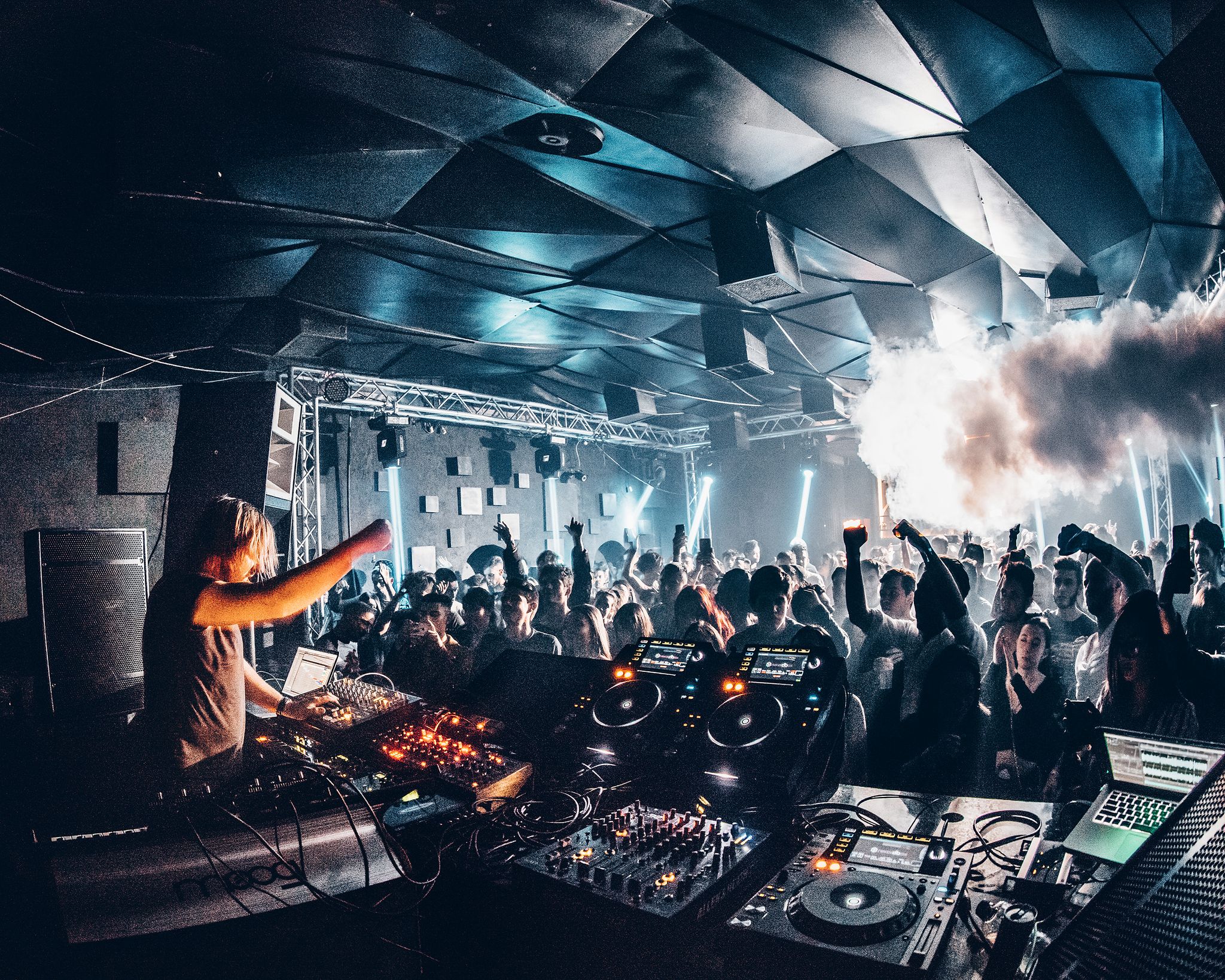
Biegers' journey in music began as a young boy, playing electric guitar in bands, gradually becoming drawn to synthesizers and the intriguing world of electronic music. By the end of the 90s, Bieger had migrated to Berlin, a city famed for its vibrant techno scene, which significantly shaped his musical direction.
Over the years, Hannes has worn many hats - from a musician, instrumentalist, producer, mixer, and mastering engineer to a music journalist. This diverse range of roles has allowed him to adopt a holistic perspective towards music production. He believes in creating quality from the start of his process, focusing on the arrangement and composition to result in impressive and lasting soundscapes.
Biegers' rise to fame has been steady, cemented by a string of high-profile international shows and a fruitful collaboration with Carl Cox’s Awesome Soundwave. In 2020, he released his debut LP Pele, to widespread acclaim. This was followed by a trail of chart-topping singles and performances at prestigious music events globally.
Not just a prolific producer, Bieger has made significant strides in developing his live show. His energetic performances, characterized by his use of a collection of synths that form a mobile studio, allow him to connect deeply with his audience. He has graced the stages of some of the world's best-known festivals and clubs, including DC-10 (Ibiza), Cityfox Live (New York), Ultra (Miami), and more.
In 2022, he made history by appearing on the iconic Balance mix series, becoming the first live performer to do so. His continued dedication and consistent output have garnered recognition, with Bieger being voted as the 13th best live act in Faze Mag’s 2020 readers poll.
In 2023, Carl Cox shows support for his release 2020 release, "Poem for the Planet" , stating "Hannes work just sounds so wonderful! His production is amazing and this track is timeless and so relevant now!" Bieger continues his unique live performances with an exclusive six-stop July tour in Europe.
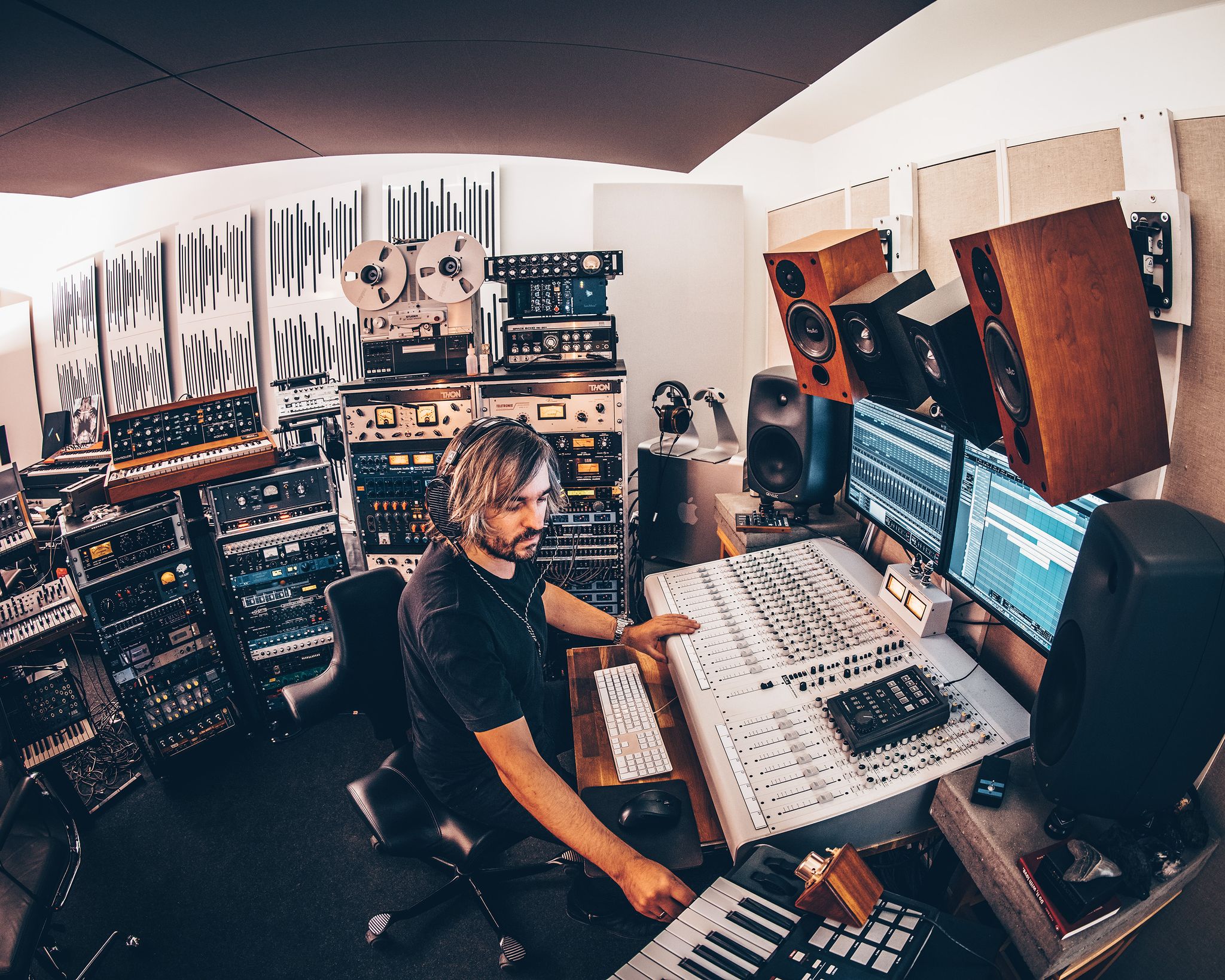
Hannes Bieger's story is one of enduring dedication to his craft, a lifelong commitment to producing and playing top-tier electronic music. As he continues to ascend to the highest heights of the music world, he invites us all to join him on this remarkable journey.
